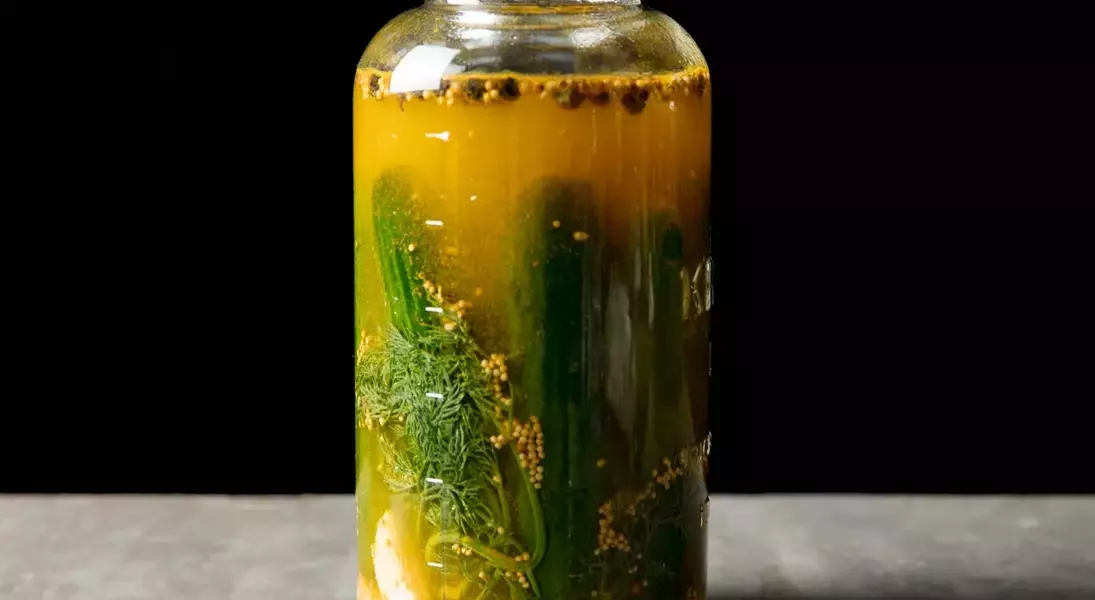
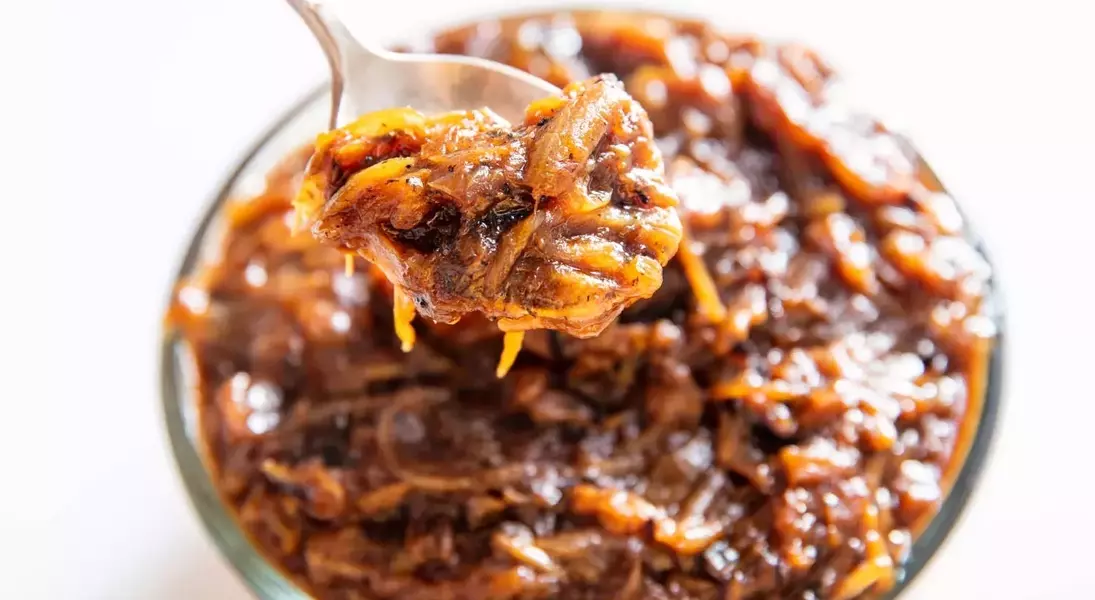
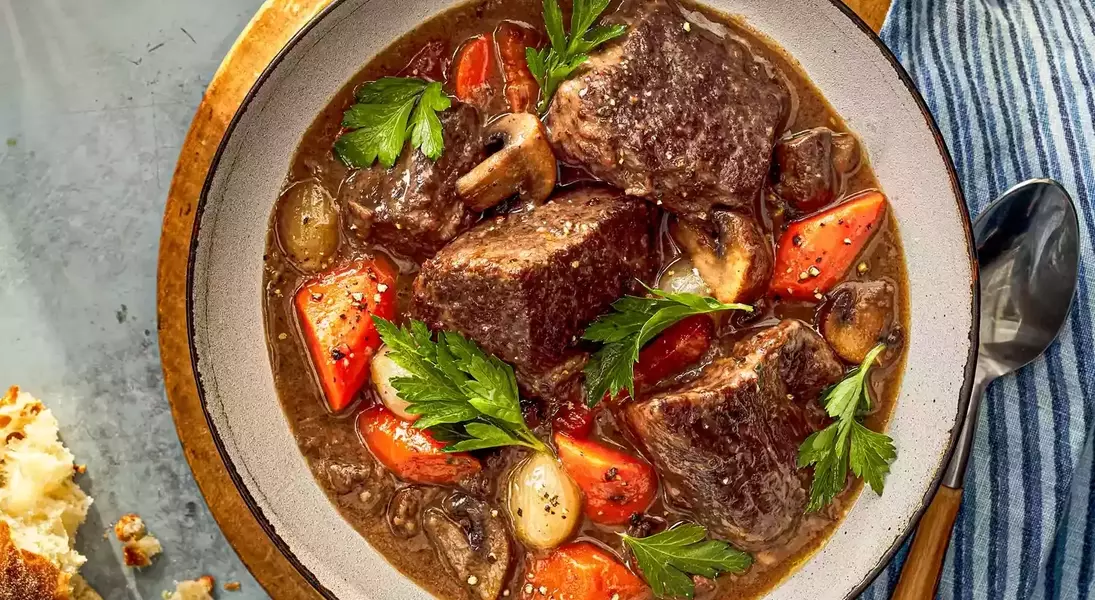
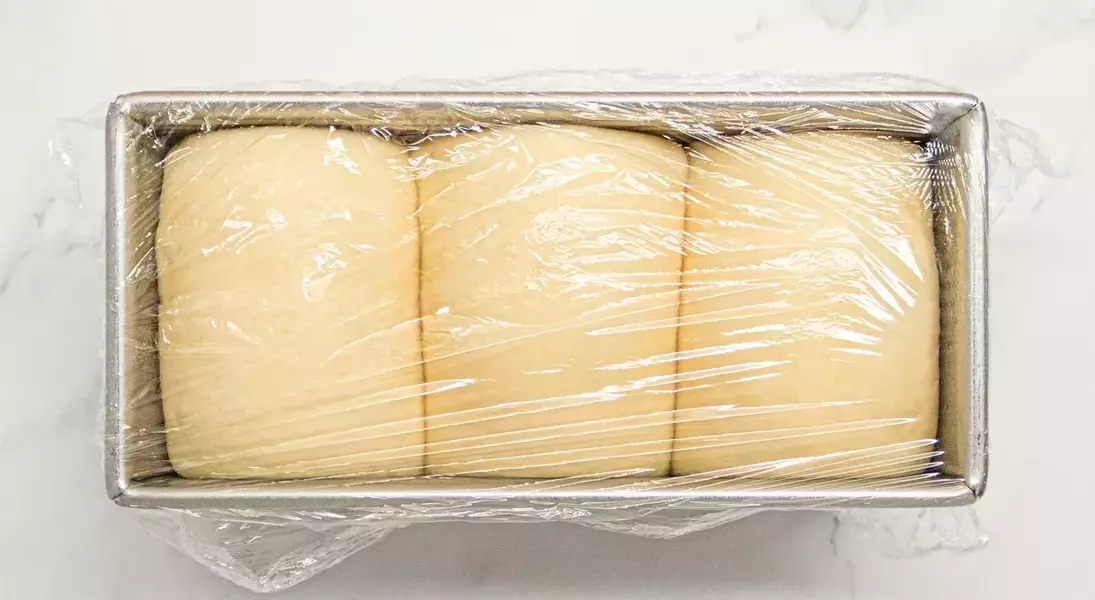
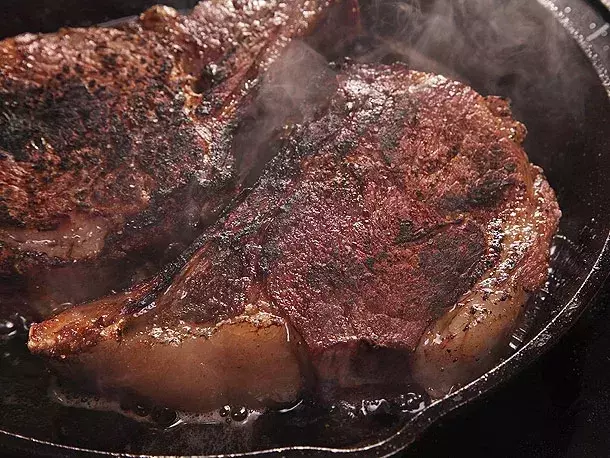


In the culinary world, the judicious application of time is a cornerstone of success. It transcends mere chronological measurement, acting as a transformative agent that profoundly influences the flavor, texture, and overall quality of prepared foods. From the swift browning of ingredients to the lengthy maturation of aged meats and fermented goods, understanding and leveraging time's impact is what elevates a good dish to an extraordinary one. Truly skilled cooks instinctively recognize that relying solely on timers is insufficient; instead, sensory perception—observing changes in aroma, color, sound, and feel—provides the most accurate indicators of doneness.
Optimal flavor infusion in meats, for instance, benefits significantly from extended periods of preparation. Dry brining involves salting meat and allowing it to rest, a process that enables salt to permeate deeply, enhancing both seasoning and moisture retention. While shorter brining times of 45 minutes can suffice for smaller cuts like steaks and chops, larger roasts may require several days to achieve maximum benefit. Similarly, marinades, which primarily impart surface flavor, can yield noticeable improvements in as little as 30 minutes, with an ideal range typically falling between one and eight hours, depending on the meat type and desired intensity.
Caramelizing onions is another prime example where patience is an invaluable ingredient. Achieving that coveted deep, mellow sweetness demands a slow, unhurried process that allows moisture to evaporate before the Maillard reaction can truly take hold. Although certain techniques, such as covering the pot to steam the onions initially, can slightly expedite the process, reaching true caramelization often requires at least an hour, if not more, of dedicated cooking. The resulting rich, complex flavor is indispensable in dishes ranging from tarts to hearty stews.
Furthermore, time is indispensable in the preparation of slow-cooked dishes such as stews and braises. These methods involve simmering tough, collagen-rich meat cuts in liquid until the collagen breaks down into tender gelatin, which also enriches and thickens the braising liquid. The cooking duration varies based on the type of meat and temperature; beef stews can take two to three hours in a conventional oven, while a pressure cooker can dramatically reduce this time to under an hour by significantly elevating the cooking temperature. This accelerated cooking, however, does not compromise the dish's depth of flavor or tender texture, demonstrating how advanced culinary tools can intelligently compress time without sacrificing quality.
In the realm of baking, proper dough proofing is paramount for the creation of light, airy bread. The resting period allows gluten to develop, forming a robust structure that supports the loaf's expansion during baking. Simultaneously, yeast ferments the sugars, producing carbon dioxide and contributing to the bread's characteristic flavor and aroma. Achieving the perfect proof is a delicate balance; both insufficient and excessive proofing can lead to an undesirable texture, highlighting the importance of precise timing and keen observation in baking.
Beyond immediate meal preparation, culinary time extends into the aging and fermentation of foods, processes that unlock profound flavor complexities. Dry-aging beef, for example, transforms fresh cuts into intensely savory, almost cheese-like masterpieces through the slow action of natural enzymes. This meticulous process, often spanning 30 to 45 days under controlled conditions, not only concentrates flavors but also tenderizes the meat, enhancing its juiciness when cooked. Similarly, fermented foods like pickles, kombucha, and yogurt rely on extended periods for microorganisms to convert sugars and proteins into a diverse array of tangy acids and rich compounds. This deliberate passage of time is essential for developing the nuanced profiles that make these fermented products so cherished.
Ultimately, a deep appreciation for the temporal aspects of cooking distinguishes a proficient cook. It's about understanding that every ingredient and every technique has its own optimal timeline for transformation. This mastery of culinary duration, coupled with an attuned sensory perception, ensures that each dish reaches its full potential, delighting the palate with enhanced flavors and textures.
